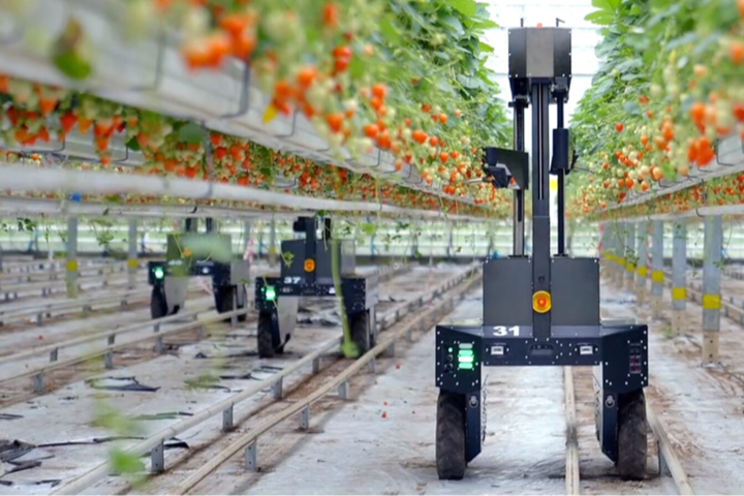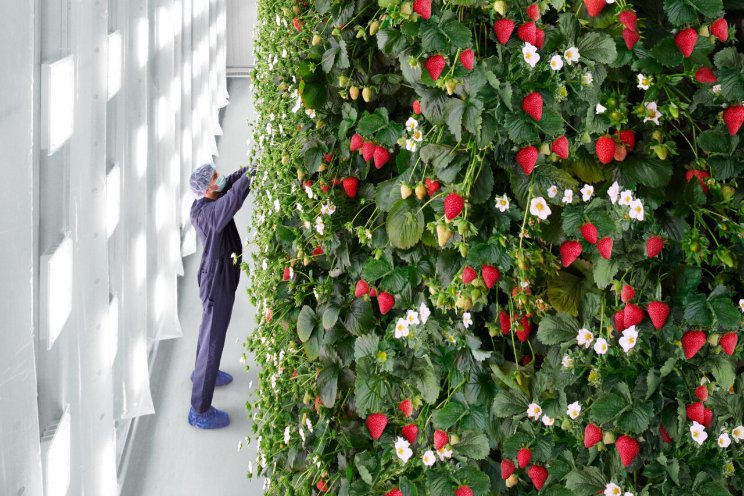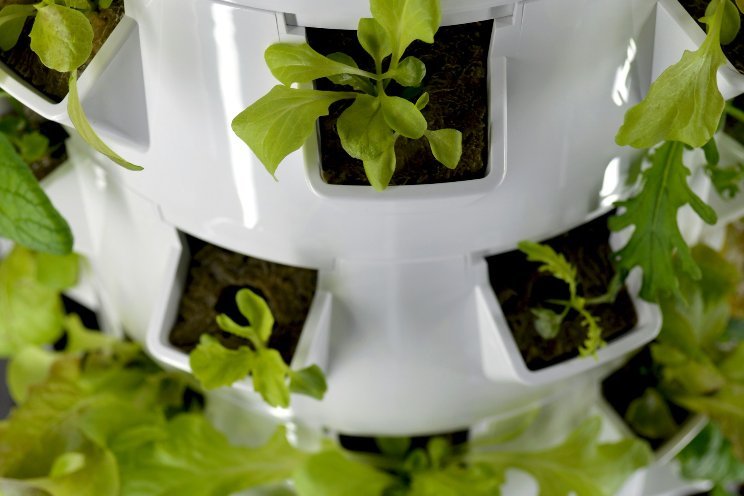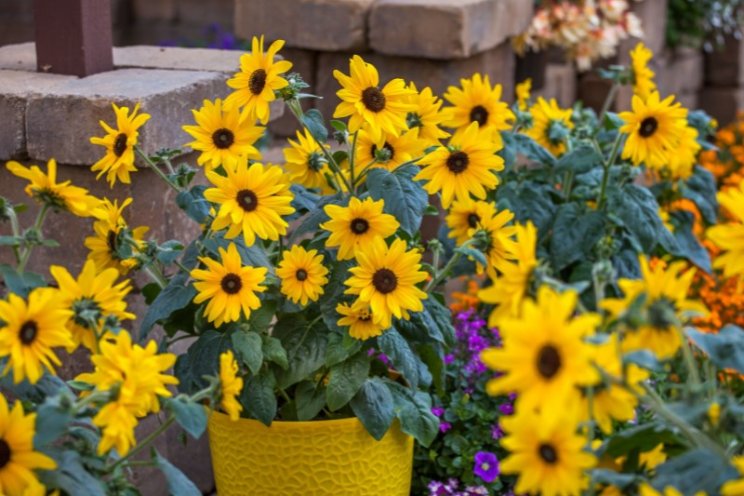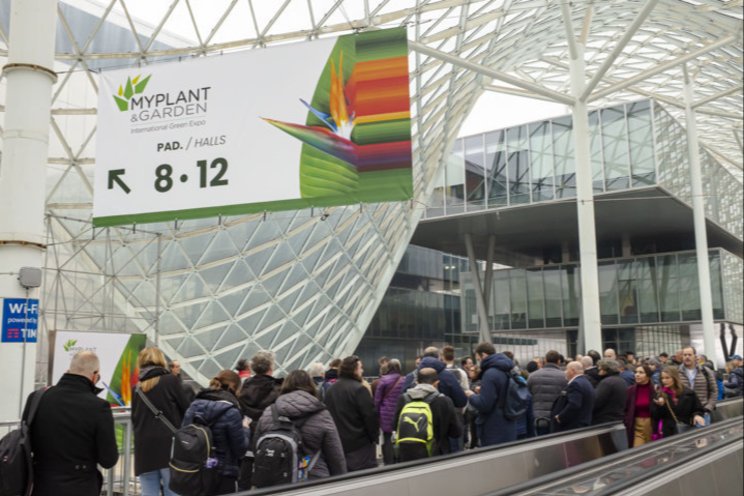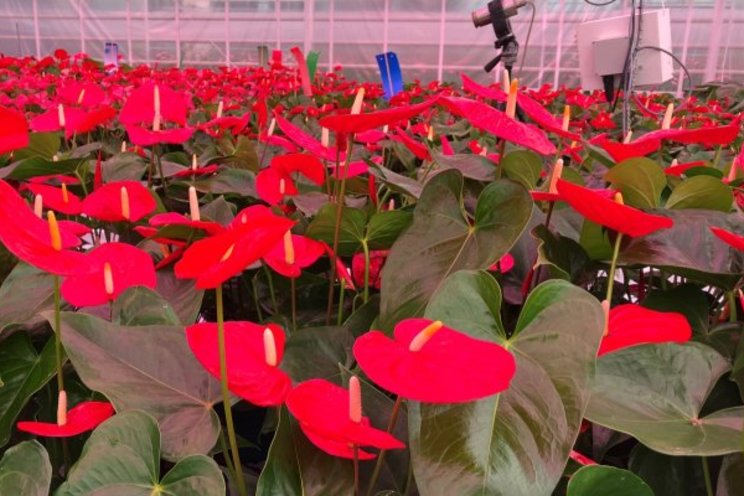Commissioner Hansen clings to the status quo - A vision without ambition
Added on 20 February 2025
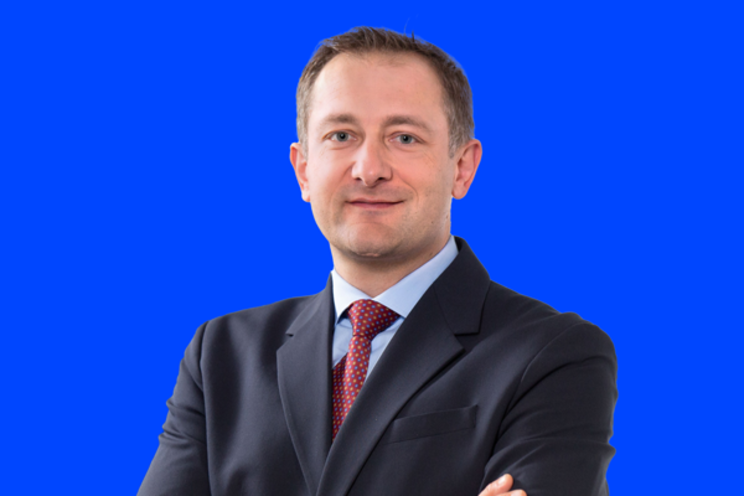
The European Commission's new Vision offers little more than a rehash of the status quo, missing the mark on driving real change in the EU's food system. While it nods to the need for climate action in agriculture and acknowledges farmers' demands, the document lacks concrete steps and a clear plan for meaningful progress.
This Vision, which is supposed to steer EU policy for the next four years, was expected to incorporate insights from the Strategic Dialogue on the Future of Agriculture. Unfortunately, it does not. The Dialogue underscored that sticking to business-as-usual approaches is not an option. Instead, a deep transformation of the EU’s food and farming sectors is needed—one that ensures a fair and inclusive transition for all, from producers to consumers.
Despite this, the Vision falls short of proposing robust policy actions to address critical challenges such as the climate crisis, biodiversity loss, and social inequalities. These issues not only threaten farmers’ livelihoods but also jeopardize the EU’s long-term food security. Yet, the document offers only tentative steps rather than decisive action.
This is especially startling for consumption-side measures. Efforts to prioritize and make healthy, sustainable diets both easy and affordable are barely mentioned and are largely left to individual Member States’ actions. The growing role of plant-based foods for consumers, acknowledged in the Strategic Dialogue report, is not mentioned, nor is the need to rebalance EU diets towards more plant-based options.
Lucia Hortelano, Senior EU Policy Manager at ProVeg International, commented: “While the Vision contains some positive elements, like the revision of public procurement rules and the need for further innovation, it ultimately tries to please everyone and fails to push for the bold reforms needed to create fairer and more sustainable food supply chains in the EU.”
"It is a missed opportunity to seize the broad consensus around the Strategic Dialogue recommendations - and we feel it fails to achieve the depolarisation goal which was at the core of this initiative," she added.
The Vision highlights the EU's heavy reliance on high-quality protein imports from a limited number of sources, acknowledging the risks this poses to food security and sustainability. However, while it emphasizes the need to reconsider how protein is produced and consumed within the EU, it falls short of providing specific strategies for promoting plant-based proteins, pulses, legumes, or diversifying protein sources—essential components for driving dietary shifts and enhancing resilience in the food system.
ProVeg is one of 130 organisations that have signed a letter directed at the European Commissioncalling for an EU-wide Action Plan for Plant-Based Foods to be developed by 2026, taking inspiration from Denmark’s Action Plan.
In the end, the Vision for Agriculture and Food lacks the depth and ambition needed to reshape Europe’s food system. Without clear commitments and strong policy initiatives, it risks becoming just another missed chance for real progress. We are left asking ourselves: where is the true vision in this Vision?
More news
